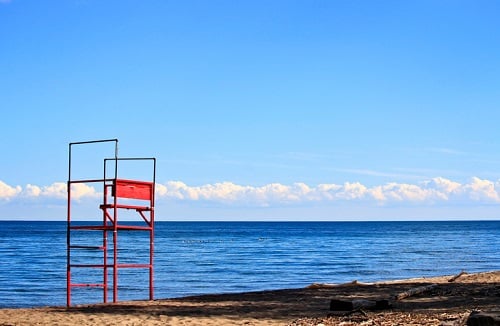

Owners of beach houses and other coastal properties could see their dwellings become uninsurable within the next 20 years, according to a climate scientist.
Risks linked to rising sea levels caused by climate change are mounting, threatening coastal properties and their owners’ investments.
Belinda Storey, a researcher at Climate Sigma, said that while there are still many unknown factors in the study of climate change, scientists have predicted that sea levels across New Zealand will be up by at least 10cm in 20 years, Stuff reported. The National Institute of Water and Atmospheric Research (NIWA), on the other hand, estimated the sea-level rise to be double that.
“Even just a 10cm level of sea rise has a major impact on the probability of an event, and that’s what will see insurers pull out of beach properties,” Storey was quoted as saying in the report. “Ten centimetres is enough to have a 1m storm surge reach right over the top of the normal tidal ranges.”
According to Storey, a 10cm increase in sea level in Wellington means that a property with a 1% chance of an event per year now, would have a 5% chance of being flooded. This means that the risk has been multiplied by five times, which is likely to be too much for insurers’ risk appetites.
As for the insurance industry, the Insurance Council of New Zealand (ICNZ) said that rising sea levels have been a certainty for many decades, and that the rate of change is the only uncertainty.
ICNZ chief executive Tim Grafton said that people purchasing beachfront properties must expect risks to increase, with some parts of the country having it worse than others.
Because insurance is renewed annually, risks are re-evaluated frequently, which will be reflected in the premiums. However, there will come a point when a property will be deemed uninsurable.
“It is foolhardy to just transfer the risk to your insurance, because the risk itself doesn’t go away,” Grafton said.
In response to rising sea levels, Dr Rob Bell of NIWA called for increased restrictions on coastal development. These will be guided by regional 100-year risk assessments to determine the areas that are most at risk.
“We need to put the brakes on development in coastal areas, even if areas may not be impacted for a few decades – given the sea level will continue rising,” he said.
